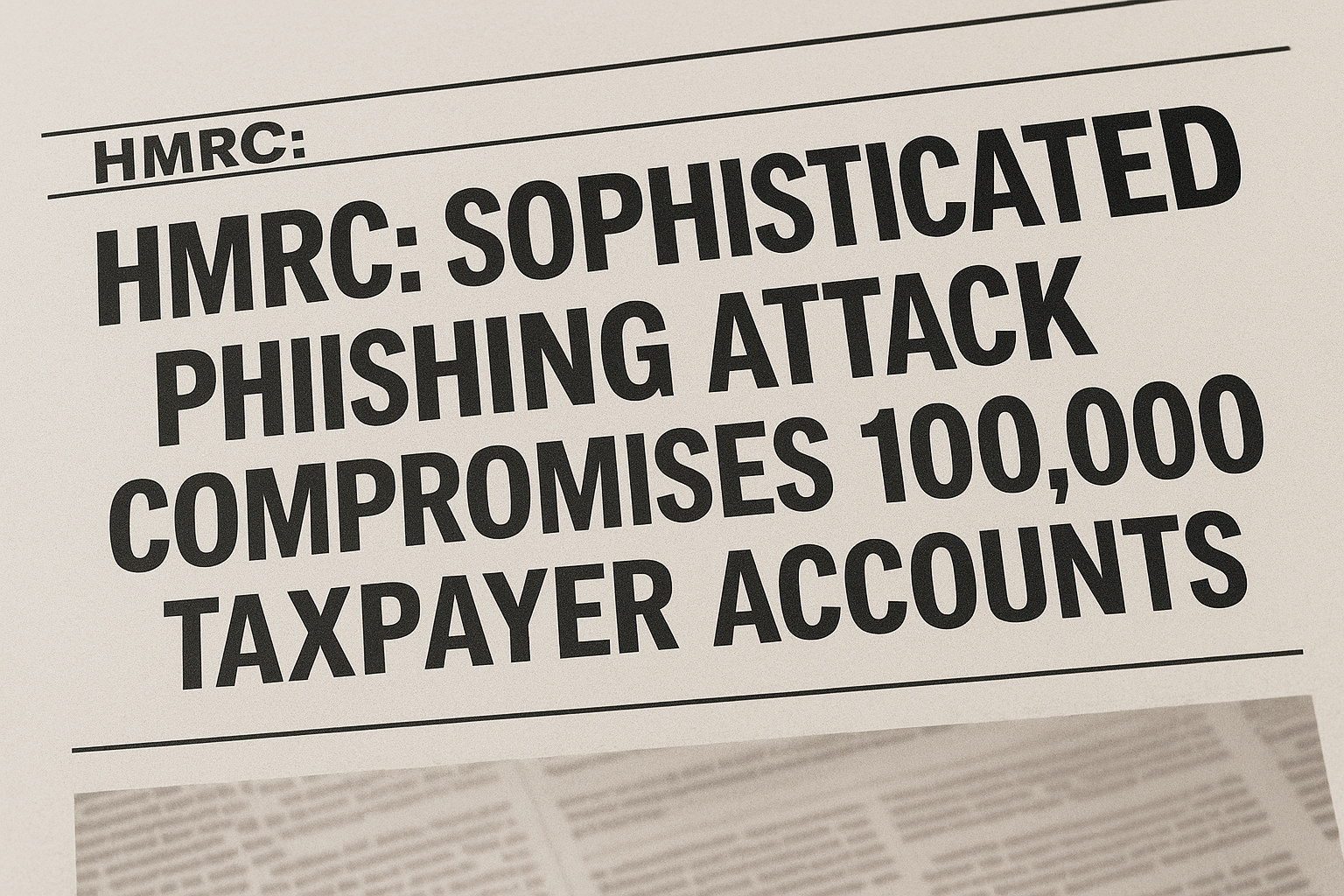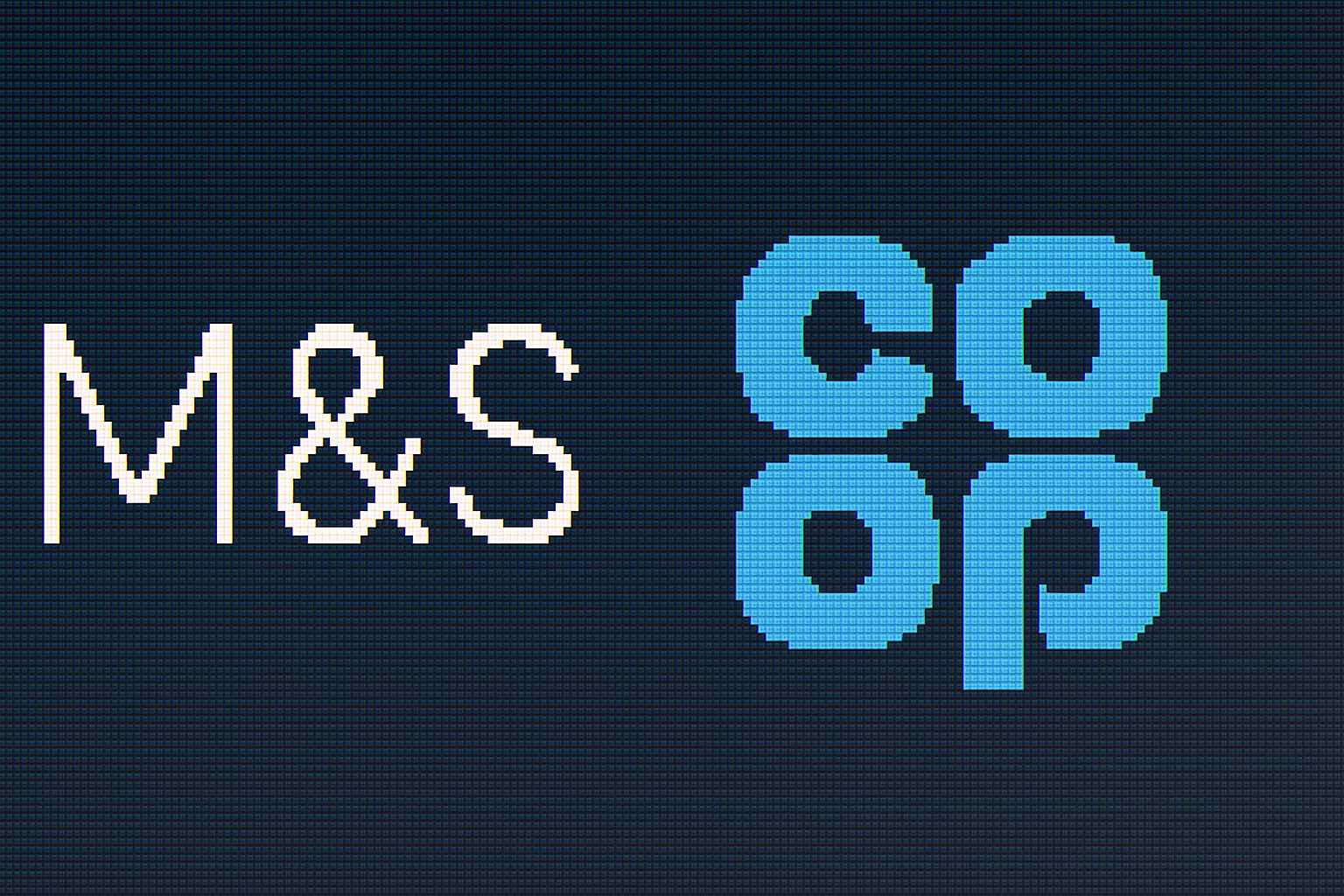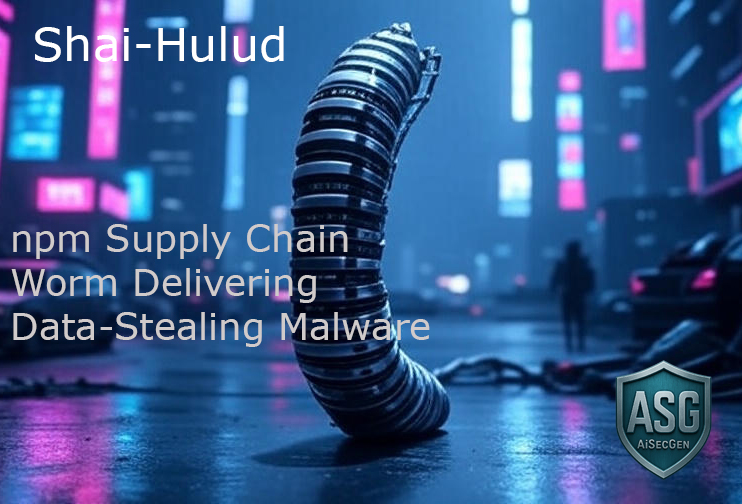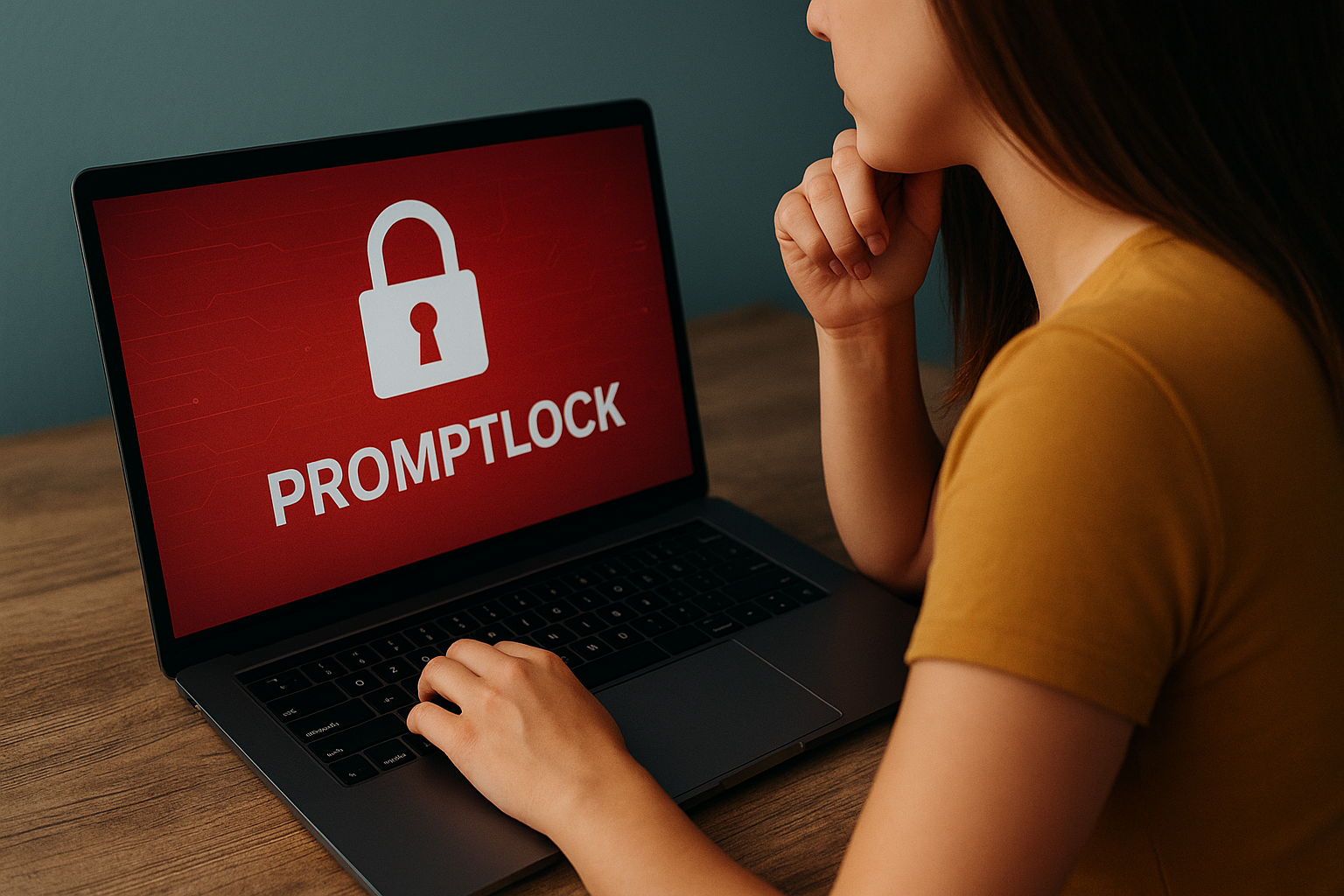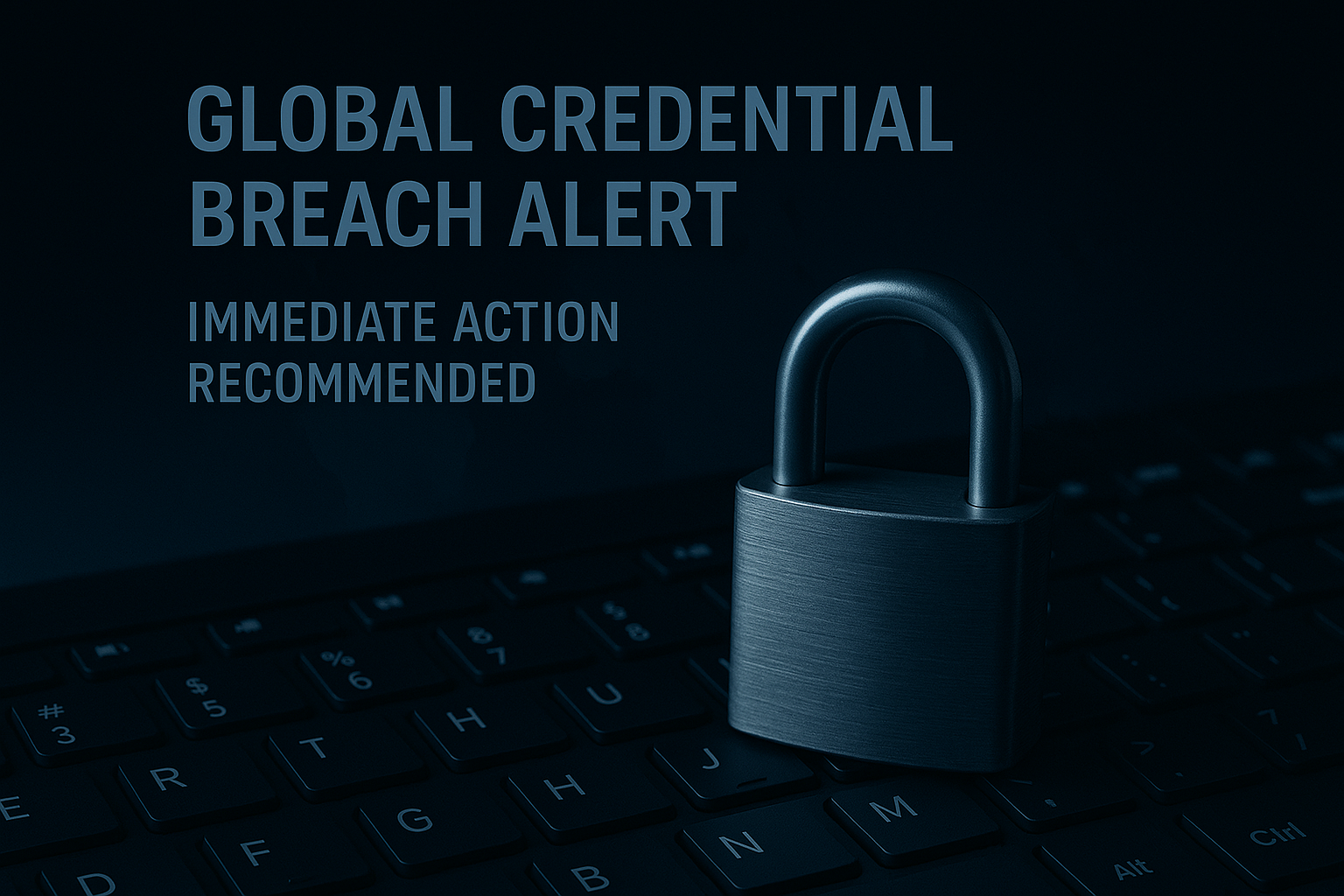
🔍 What Happened?
Researchers at Cybernews discovered a massive archive of leaked credentials, dubbed “RockYou2024,” made up of 30 different datasets. Unlike previous breaches tied to a single company, this leak is an aggregation of stolen data from various sources—infostealer malware, phishing campaigns, credential stuffing attacks, and other compromises.
The dataset was briefly posted on a known hacker forum before being taken down. But given how quickly data spreads in underground circles, it’s likely that multiple actors now have access to it.
🌐 Who’s Affected?
The leaked credentials span major online platforms and services, including:
- Apple
- GitHub
- Telegram
- Popular VPN services
- Even government websites
While much of the data appears to target consumer-facing platforms, corporate accounts (especially developer tools like GitHub) are part of the leak, increasing the potential for enterprise-level security incidents.
Importantly, the dataset contains a mix of older leaks and newer, still-active credentials—meaning some of this information is still usable by attackers.
⚠️ Key Risks
- Credential reuse: If you use the same password across platforms, one leaked password could give attackers access to multiple accounts.
- Corporate exposure: Employees reusing personal credentials on work accounts may unknowingly put company data at risk.
- Phishing & targeted attacks: Leaked credentials are often used in follow-up attacks to harvest more sensitive data.
✅ What You Should Do Right Now
Security breaches like this are a strong reminder to check your digital hygiene. Here’s what we recommend:
- Check if your credentials were exposed
Use Have I Been Pwned to see if your email or passwords were part of the leak. - Change your passwords immediately
Especially for any accounts using the same credentials across platforms. - Enable two-factor authentication (2FA)
This adds a second layer of defense even if a password is stolen. - Use unique passwords for every account
A password manager can help you generate and store secure passwords easily. - Stay alert
Monitor your accounts for any unusual activity and be extra cautious of phishing emails.
🛡️ Final Thoughts
Data breaches on this scale are unfortunately becoming more common. But awareness and proactive steps can significantly reduce your risk. At both the personal and organizational level, practicing strong password hygiene and using 2FA can make a real difference.
If you have questions or need help improving your account security, don’t hesitate to contact your IT team or a security professional.
Stay safe out there.

